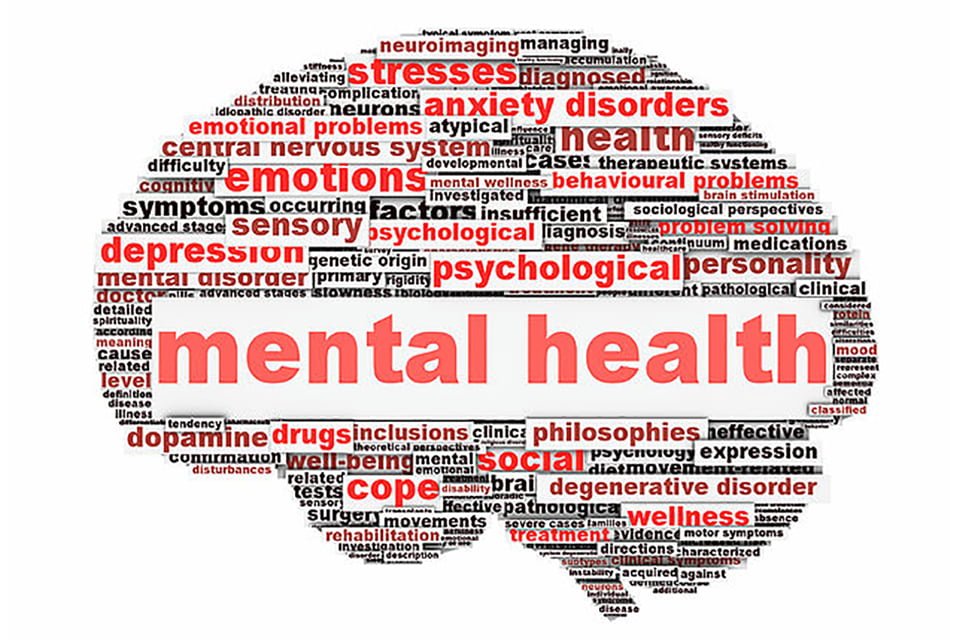
Writing in The Herald and marking Children's Mental Health Week, Niall Kelly from coalition member Young Foundations, comments on the considerable dividends to gained by investing in mental health.
This week (4-10 February) marks Children’s Mental Health Week. Launched by mental health charity, Place2Be, it is now in its fifth year and the theme is to explore mental wellbeing and the well-established link with physical wellbeing.
As we mark this year’s events it is opportune to reflect on how we as a nation are dealing with mental health problems and the impact they have on children and young people.
By the time they’re 16, roughly three children in every class will have experienced mental health problems, such as anxiety, depression and self-harm. Half of all adults who are mentally ill experienced the onset of their mental health problems by the age of 14.
Without effective intervention these conditions can clearly have a significant impact on their life chances, with not just an impact on the individual concerned, but on society and the economy as a whole.
The increase in the number of those coming forward with mental health problems is of course a welcome sign that the stigma around mental health is reducing. However, this is clearly putting already stretched and under-resourced services under intense pressure.
Reinforcing this, the latest figures covering July to September last year indicate that around a third of children and young people were waiting more than the 18-week child Scottish Government target to access child and adolescent mental health services (CAMHS).
In order to address this we need all partners working in the sector, including the Scottish Government, to refocus on prevention and early mental health intervention, building resilience from an early age and seeking to reduce the burden on costly specialist CAMHS provision
The recent joint report from the Auditor General and Accounts Commission called for a ‘step change’ in the way the public sector responds to the mental health needs of children and young people. It notes a concern that the current system is geared towards specialist care and responding to crisis, despite the Scottish Government strategy being focused on early intervention and prevention.
In addition it further notes that youngsters also face a range of barriers to accessing services, with early intervention services such as school counselling and primary mental health services highlighted as being patchy, and access to specialist support services varying considerably across the country.
Yet, the cost-advantages of prevention and early intervention when it comes to mental health cannot be under-estimated. For example, investing a fraction of the mental health budget on school counselling services helps to keep the individual in school, as well as reducing the burden on stretched and costly CAMHS provision.
The Scottish Government investment in school based mental health support is therefore to be welcomed. This includes investment of over £60 million in additional school counselling services, supporting 350 counsellors as well as £20 million for 250 additional school nurses. This will ensure that every secondary school has a counselling service.
In addition, the recommendation in the Scottish Government review of Personal and Social Education, calling for greater support to improve the mental, physical and emotional wellbeing of pupils is to be applauded and must now be turned into clear actions.
Much has clearly been done, but there is still much work to be done to ensure Scotland’s children and young people can get the right care, in the right place, at the right time, and from the right professional.
For that to happen requires the private, public and third sector to work in closer partnership and for there to be significant investment in mental health services, both in addressing the need but more importantly in preventing such a need arising in the first place.
Niall Kelly is Managing Director of Young Foundations, a member of the Scottish Children's Services Coalition. This article first appeared in The Herald on 4th February 2019.